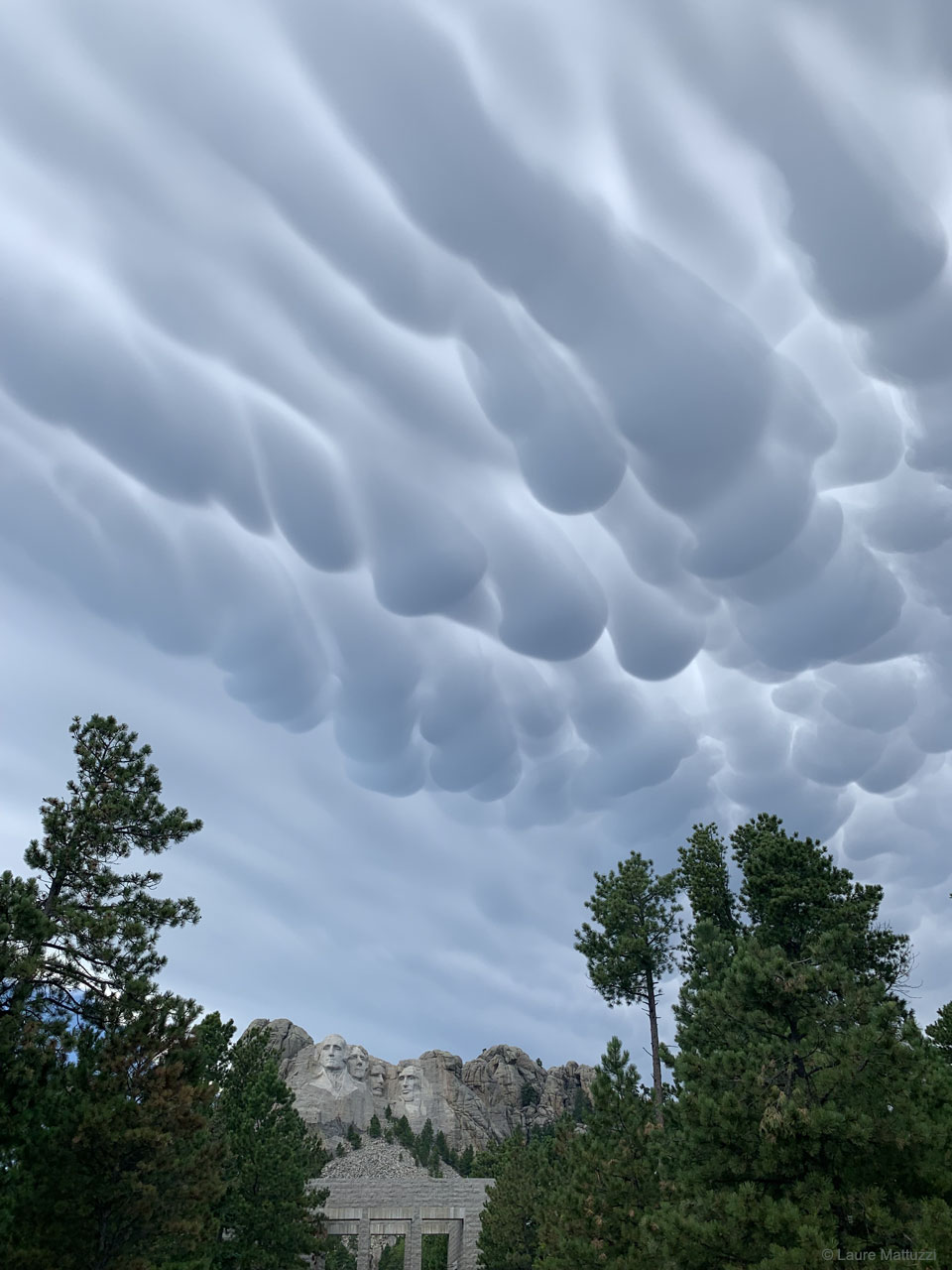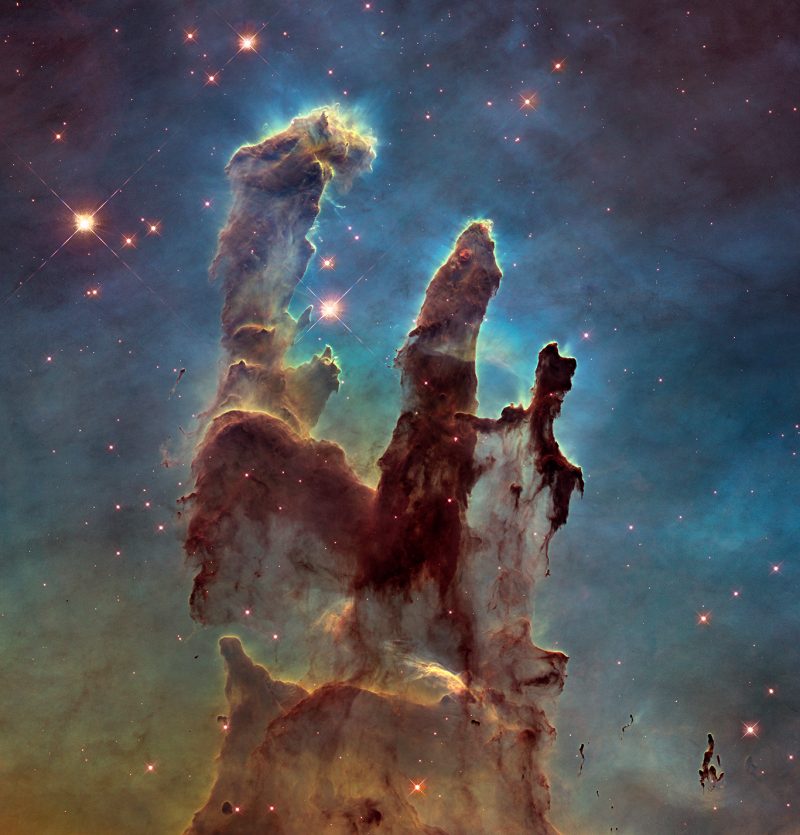Blog
James Oscar Smith (December 8, 1925 or 1928 – February 8, 2005) was an American jazz musician whose albums often charted on Billboardmagazine. He helped popularize the Hammond B-3 organ, creating a link between jazz and 1960s soul music.
In 2005, Smith was awarded the NEA Jazz Masters Award from the National Endowment for the Arts, the highest honor that America bestows upon jazz musicians.
There is confusion about Smith’s birth year, with various sources citing either 1925 or 1928. Born James Oscar Smith in Norristown, Pennsylvania, United States, at the age of six he joined his father doing a song-and-dance routine in clubs. He began teaching himself to play the piano. When he was nine, Smith won a Philadelphia radio talent contest as a boogie-woogie pianist. After a stint in the U.S. Navy, he began furthering his musical education in 1948, with a year at Royal Hamilton College of Music, then the Leo Ornstein School of Music in Philadelphia in 1949. He began exploring the Hammond organ in 1951. From 1951 to 1954 he played piano, then organ in Philly R&B bands like Don Gardner and the Sonotones. He switched to organ permanently in 1954 after hearing Wild Bill Davis.
more...Cleopatra Brown (December 8, 1907 or 1909 – April 15, 1995), known as Cleo Brown, C. Patra Brown or Cleo Patra Brown, was an American blues and jazz vocalist and pianist. She was the first woman instrumentalist to receive the NEA Jazz Masters Fellowship. Brown was born in Meridian, Mississippi, and played piano in the Baptist church as a child. In 1919 her family moved to Chicago, and she began learning piano from her brother who worked with “Pine Top” Smith, playing boogie-woogie for dances. From around 1923 she worked in vaudeville, as well as taking gigs in clubs. In 1935, she replaced Fats Waller as pianist on New York radio station WABC.
From the 1930s to the 1950s she toured the United States regularly, recording for Decca Records (among other labels) along the way and recording many humorous, ironic titles such as “Breakin’ in a New Pair of Shoes”, “Mama Don’t Want No Peas and Rice and Coconut Oil“, “When Hollywood Goes Black and Tan”, and “The Stuff Is Here and It’s Mellow”. Her stride piano playing was often compared to Fats Waller, and she is credited as an influence on Dave Brubeck, who played during the intermissions of her shows, and Marian McPartland. She played regularly at clubs in Chicago, toured widely, and recorded for both Decca and Capitol Records.
Brown began to shy away from singing bawdy blues songs because of her deepening religious beliefs and, in 1953, she was baptized, retired from music, and became a nurse in 1959. Jazz biographies frequently listed her as deceased due to her absence from music. The song “Sweet Cleo Brown” was recorded by Brubeck in tribute to her.
From the mid-1970s until 1981, she performed under the name of C. Patra Brown on radio shows in Denver, Colorado. She replaced boogie-woogie music with slower, inspirational music. She returned to record again, and performed on National Public Radio.
more...If you look closely, you may recognize the heads of four former US Presidents carved into famous Mount Rushmore in South Dakota, USA. More obvious in the featured image are the unusual mammatus clouds that passed briefly overhead. Both were captured together by a surprised tourist with a quick camera in early September. Unlike normal flat-bottomed clouds which form when moist and calm air plateaus rise and cool, bumpy mammatus clouds form as icy and turbulent air pockets sink and heat up. Such turbulent air is frequently accompanied by a thunderstorm. Each mammatus lobe spans about one kilometer. The greater mountain is known to native Lakota Sioux as Six Grandfathers, deities responsible for the directions north, south, east, west, up, and down.

more...
Thomas Alan Waits (born December 7, 1949) is an American singer, songwriter, musician, composer, and actor. His lyrics often focus on the underbelly of society and are delivered in his trademark deep, gravelly voice. He worked primarily in jazz during the 1970s, but his music since the 1980s has reflected greater influence from blues, rock, vaudeville, and experimental genres.
Waits was born and raised in a middle-class family in Pomona, California. Inspired by the work of Bob Dylan and the Beat Generation, he began singing on the San Diego folk music circuit as a teenager. He relocated to Los Angeles in 1972, where he worked as a songwriter before signing a recording contract with Asylum Records. His first albums were the jazz-oriented Closing Time (1973) and The Heart of Saturday Night (1974), which reflected his lyrical interest in nightlife, poverty, and criminality. He repeatedly toured the United States, Europe, and Japan, and attracted greater critical recognition and commercial success with Small Change (1976), Blue Valentine (1978), and Heartattack and Vine (1980). He produced the soundtrack for Francis Ford Coppola‘s film One from the Heart (1981), and subsequently made cameo appearances in several Coppola films.
In 1980, Waits married Kathleen Brennan, split from his manager and record label, and moved to New York City. With Brennan’s encouragement and frequent collaboration, he pursued a more experimental and eclectic musical aesthetic influenced by the work of Harry Partch and Captain Beefheart. This was reflected in a series of albums released by Island Records, including Swordfishtrombones (1983), Rain Dogs (1985), and Franks Wild Years(1987). He continued appearing in films, notably starring in Jim Jarmusch‘s Down by Law (1986), and also made theatrical appearances. With theatre director Robert Wilson, he produced the musicals The Black Rider and Alice, first performed in Hamburg. Having returned to California in the 1990s, his albums Bone Machine (1992), The Black Rider (1993), and Mule Variations (1999) earned him increasing critical acclaim and multiple Grammy Awards. In the late 1990s, he switched to the record label ANTI-, which released Blood Money (2002), Alice (2002), Real Gone (2004), and Bad as Me(2011).
Despite a lack of mainstream commercial success, Waits has influenced many musicians and gained an international cult following, and several biographies have been written about him. In 2015, he was ranked at No. 55 on Rolling Stone‘s “100 Greatest Songwriters of All Time“. He was inducted into the Rock and Roll Hall of Fame in 2011.
more...Louis Leo Prima (December 7, 1910 – August 24, 1978) was an American singer, songwriter, bandleader, and trumpeter. While rooted in New Orleans jazz, swing music, and jump blues, Prima touched on various genres throughout his career: he formed a seven-piece New Orleans-style jazzband in the late 1920s, fronted a swing combo in the 1930s and a big band group in the 1940s, helped to popularize jump blues in the late 1940s and early to mid 1950s, and performed frequently as a Vegas lounge act beginning in the 1950s.
From the 1940s through the 1960s, his music further encompassed early R&B and rock’n’roll, boogie-woogie, and even Italian folk music, such as the tarantella. Prima made prominent use of Italian music and language in his songs, blending elements of his Italian and Sicilian identity with jazz and swing music. At a time when “ethnic” musicians were often discouraged from openly stressing their ethnicity, Prima’s conspicuous embrace of his Sicilian ethnicity opened the doors for other Italian-American and “ethnic” American musicians to display their ethnic roots.
https://www.youtube.com/watch?v=RrJ7DQojzIY
more...
Blind John Davis (December 7, 1913 – October 12, 1985) was an American blues and boogie-woogie pianist and singer. He is best remembered for his recordings, including “A Little Every Day” and “Everybody’s Boogie”.
Davis was born in Hattiesburg, Mississippi, and relocated with his family to Chicago at the age of two. Seven years later he had lost his sight. In his early years Davis backed Merline Johnson, and by his mid-twenties he was a well-known and reliable accompanying pianist. Between 1937 and 1942, he recorded with Big Bill Broonzy, Sonny Boy Williamson I, Tampa Red, Red Nelson, Merline Johnson, and others. He also made several records of his own, singing in his lightweight voice.
Having played in various recording sessions with Lonnie Johnson, Davis teamed up with him in the 1940s. He recorded later on his own. His “No Mail Today” (1949) was a minor hit. Most of Doctor Clayton‘s later recordings featured Davis on piano.
He toured Europe with Broonzy in 1952, the first blues pianist to do so. In later years Davis toured and recorded frequently in Europe, where he enjoyed a higher profile than in the United States.
In 1955, Davis’s house in Chicago burned down. His wife died in the fire, and his collection of 1700 78-rpm records, some of them unissued, was destroyed. Davis died in Chicago in October 1985, at the age of 71.
more...Edmundo Ros OBE FRAM (7 December 1910 – 21 October 2011), born Edmund William Ross, was a Trinidadian-Venezuelan musician, vocalist, arranger and bandleader who made his career in Britain. He directed a highly popular Latin American orchestra, had an extensive recording career and owned one of London’s leading nightclubs.
Edmund William Ross was born in Port of Spain, Trinidad. His mother Luisa Urquart was a Venezuelan teacher, thought to be descended from indigenous Caribs, and his father, William Hope-Ross, was a mulatto of Scottish descent. He was the eldest of four children, having two sisters, Ruby and Eleanor, followed by a half-brother, Hugo. His parents separated after Hugo was born, and after various false steps Edmund was enrolled in a military academy. There he became interested in music and learned to play the euphonium and percussion. When his mother became involved with a man he loathed and had a son by him, the 17-year-old left for Caracas, Venezuela, to study at the Academy of Music under Vicente Emilio Sojo.
He played drums in the city’s nightclubs and in the Martial Band of Caracas as well as was soon hired by Sojo as timpanist in the new Venezuela Symphony Orchestra. As his obituary in The Guardian noted: “His local name, ‘Edmundo Ros’, launched a lasting myth that he was Venezuelan.”[1]Later he received a music scholarship from the Venezuelan government of Eleazar Lopez Contreras, and, from 1937 to 1942, studied harmony, composition and orchestration at the Royal Academy of Music. At the same time he was the vocalist and percussionist in Don Marino Baretto’s band at the Embassy Club, and also recorded several sides as a sideman to Fats Waller, who was visiting London in 1938.
more...https://www.youtube.com/watch?v=94cyOw4-MrU&list=PLEB3LPVcGcWZ0hsQ5_jgSMhawAnDzy1io&index=1&t=109s
more...The Eagle Nebula, also known as Messier 16 or M16, is one of the most amazing sights that can be seen in a large telescope. It’s the location of several famous structures including the stunning Pillars of Creation, an active star-forming region of gas and dust, depicted in the image above. The Eagle Nebula contains not only the Pillars of Creation but several other star-forming regions as well. It also has many emission nebulae, or clouds in space that shine with their own light. And it has some dark nebulae, which don’t shine themselves, but which can be seen because they obscure light from other sources.
The Eagle Nebula lies in the direction of the constellation Serpens the Serpent. It’s about 7,000 light-years away, and it’s visible in our sky at this time of year. Pic taken in 2017.

Miroslav Ladislav Vitouš (born 6 December 1947) is a Czech jazz bassist.
Born in Prague, Vitouš began the violin at age six, switching to piano after about three years, and then to bass at age fourteen. As a young man in Europe, Vitouš was a competitive swimmer. One of his early music groups was the Junior Trio with his brother Alan on drums and Jan Hammer on keyboards. He studied music at the Prague Conservatory under František Pošta, and won a music contest in Vienna that gave him a scholarship to the Berklee College of Music.
In 1967, in Chicago, Miles Davis saw Vitouš playing with Clark Terry and invited him to join his group for a residency at The Village Gate in New York City.
Vitouš recorded his debut album Infinite Search for Embryo (later issued on Atlantic as Mountain In The Clouds) in 1969 with Joe Henderson, John McLaughlin, Herbie Hancock, Jack DeJohnette, and Joe Chambers. In 1970, he also recorded Purple for Columbia with McLaughlin, Billy Cobhamand Joe Zawinul.
more...Zeki Müren (6 December 1931, Bursa – 24 September 1996, İstanbul) was a prominent Turkish singer, composer and actor. He was famous for his compelling voice and precise articulation in his singing of both established Turkish classical music and contemporary songs. He was awarded the title of “State Artist” in 1991 for his contributions to art. The artist, who has also given to start the first Turkish Gold Record Award, have filled music experience of more than six hundred records and tapes throughout, has composed more than three hundred songs.
more...
David Warren Brubeck (/ˈbruːbɛk/; December 6, 1920 – December 5, 2012) was an American jazz pianist and composer, considered one of the foremost exponents of cool jazz. Many of his compositions have become jazz standards including “In Your Own Sweet Way” and “The Duke”. Brubeck’s style ranged from refined to bombastic, reflecting both his mother’s classical training and his own improvisational skills. His music is known for employing unusual time signatures as well as superimposing contrasting rhythms, meters, and tonalities.
Brubeck experimented with time signatures throughout his career, recording “Pick Up Sticks” in 6
4, “Unsquare Dance” in 7
4, “World’s Fair” in 13
4, and “Blue Rondo à la Turk” in 9
8. He was also a composer of orchestral and sacred music and wrote soundtracks for television, such as Mr. Broadway and the animated miniseries This Is America, Charlie Brown.
Often incorrectly attributed to Brubeck, the song “Take Five“, which has become a jazz standard, was composed by Brubeck’s long-time musical partner, alto saxophonist Paul Desmond. Appearing on one of the top-selling jazz albums, Time Out, and written in 5
4 time, “Take Five” has endured as a jazz classic associated with Brubeck. Dave Brubeck was born in the San Francisco Bay Area city of Concord, California, and grew up in a city located in the Mother Lode called Ione, California. His father, Peter Howard “Pete” Brubeck, was a cattle rancher, and his mother, Elizabeth (née Ivey), who had studied piano in England under Myra Hess and intended to become a concert pianist, taught piano for extra money.
https://www.youtube.com/watch?v=CstdvrXMsK4
more...This cloud-strewn new image of RCW 36 (or Gum 20) was captured by ESO’s Focal Reducer and low dispersion Spectrograph (FORS). It shows one of the sites of massive-star formation closest to our Solar System, about 2300 light-years away. Located in the constellation of Vela (The Sails), the RCW 36 emission nebula is only part of an even larger star formation complex, known as the Vela Molecular Ridge. Some areas in the clouds of RCW 36 are dense enough to block out background light, creating patches and wisps of inky black. Despite the dark appearance of these clouds, they are the only places in the Universe in which star formation occurs; clumps of molecular hydrogen and cosmic dust collapse and come together to form stars encircled by small families of planets, as in our own Solar System. FORS is mounted on ESO’s Very Large Telescope, one of the world’s most advanced astronomical observatories. This image was selected as part of the ESO Cosmic Gems programme, an initiative that produces images of scientifically interesting and visually attractive objects using ESO telescopes for the purposes of education and public outreach. The programme makes use of telescope time that cannot be used for science observations. All data collected may also be suitable for scientific purposes, and are made available to astronomers through ESO’s science archive.

More Posts
- Jay McShann
- World Music Mulatu Astatke
- Daily Roots Wiya Lindo
- Cosmo PLCK G165.7+67.0
- Laurens Hammond
- Lee Ritenour
- Slim Harpo
- World Music Trio Mandili
- Daily Roots Mystical Vibes
- Snow & Ice on the Mississippi
- Little Shop of Horrors 2025
- Aynsley Dunbar
- Power to the People
- Temple Israel Service
- Cosmo Barnard 209
- Rod Stewart
- Jim Croce
- Mike Stern
- Max Roach
- Flamenco Fridays Camarón por Tarantos con Tomatito